Ever wonder what kind of cooking oil you should be using? Today's post serves as a quick reference guide for when to use what type of oil. See this post for more about the nitty-gritty of selecting oils for your kitchen, including extraction method and labeling.
On this year's survey, many of you said that you wanted more grocery shopping tips from HH, so I figured a grocery shopping series was appropriate! Let me know if you have any additional questions or what you want to be covered as far as grocery shopping goes!
Avocado oil
This is my new go-to everyday cooking oil. It can decently stand up to high heat in its least processed form and neutral profile. It is nutrient-dense and, similar to olive oil, contains most monounsaturated fats, which are incredibly heart-healthy. Heads up, though, there was a study done by Berkley, and they found that 90% of the avocado oils they sampled didn't contain Avocado Oil. So I would stick with the following brands: Thrive Market, Chosen Foods, or Primal Kitchen to ensure you get what you want. I used to buy chosen foods avocado oil at Costco, but since they switched to a plastic bottle, I switched to buying on Thrive Market or at Sprouts.
Canola Oil
The old go-to cooking oil. Although canola oil also has a neutral taste profile and also contains some healthy fats, it also is highly refined, not very nutrient-dense, usually GMO, and even includes some trans fat. So use sparingly or not at all.
Extra Virgin Olive oil

Yes, EVOO is still one of the world's healthiest oils as it's jam-packed with nutrients and heart-healthy monounsaturated fats. The taste can be robust to mild, so you know when you are cooking with olive oil, it's not neutral-tasting at all. The strength of flavor and different types of olive oil is explained in this post. However, it typically doesn't stand up to heat well, especially if it's unrefined cold-pressed. Therefore, it's best to use it for cold purposes, such as making salad dressing. I get mine at Thrive Market.
Coconut Oil
Coconut oil has several pros and cons. It has an intense coconut flavor profile and stands up to high heat well. It also has several antioxidant and anti-microbial properties. Unlike any other plant-based oil (except palm oil), it is solid at room temperature, affording it several properties that are usually unique to animal-based oils. Saturated fat is not the evil we once thought it was, but it's also not something you want to overconsume either. Saturated fat in your diet can raise your cholesterol but also shift the particle size to a less dangerous profile (it makes them more large and buoyant, less likely to lodge in the arteries, and become a problem.) I use coconut oil in baking and occasionally cook an Asian or tropical dish, probably about 2-3 times a week.
Palm Oil
See everything above about coconut oil, as palm oil is very similar. However, palm oil has several ethical concerns and is considerably more expensive than coconut oil. It does have a more neutral taste profile than coconut oil, though. Therefore, I typically don't use this much in my kitchen.
High Omega 3 Oils
Omega 3 fats are anti-inflammatory and jam-pack a ton of nutrients. However, they are susceptible to heat and light. So you'll want to use these expensive oils as a drizzle on salads or over meals that are already cooked for extra nutrition.
- Walnut Oil
- Flax Oil
- Pumpkin Seed Oil
- Other specialty oils like Macadamia Nut Oil, Pecan Oil, and Roasted Almond Oil
These oils are costly. I typically don't buy them unless I have a particular purpose in mind.
High Omega 6 Oils
Omega 6 fats in the diet can be inflammatory when consumed in excess. Unfortunately, they are already in a major dominance in our food supply, so I typically recommend not cooking with them unless used for a particular purpose and used sparingly.
The following are high omega-six oils:
- soybean oil
- corn oil
- cottonseed oil
- sunflower oil
- peanut oil
- sesame oil
- rice bran oil
Vegetable oil is usually a blend of these oils and is not recommended. The only oil on this list that I use on occasion is undefined, cold-pressed sesame oil for Asian dishes purchased from Thrive Market.
Animal Based Cooking Oils
Animal-based oils for cooking have many similar pros and cons. They are typically much more stable than plant-based oils and can stand up to high heat very, very well. However, they also tend to be primarily saturated fat with less to offer in terms of antioxidants and nutrient density than coconut oil. Therefore, I typically use them sparingly in my kitchen, but I'm not afraid to use them when the situation calls for their unique flavor.
Butter
Unlike the other animal-based cooking oils, butter does offer a surprising array of nutrients, including short-chain fatty acids and other beneficial substances such as antioxidants and compounds such as CLA. However, quality matters. Grassfed organic butter typically offers more nutrients than conventional butter. Also, butter can come sweetened and salted or not. Lastly, it has the lowest smoke point, which doesn't stand up to heat that well. I use organic, 100% grass-fed butter in my kitchen where I'm craving a traditional butter taste - in some baked goods and eggs.
Ghee
Clarified butter means that it's been processed to remove anything other than the fat, such as lactose sugar, etc., naturally found in low levels in butter. People may prefer this type of butter if they are sensitive to dairy as it is better tolerated.
Lard
Lard is pork fat and has an extremely high smoke point, making it ideal for high heat frying. It has a particular savory taste (especially if you've stored your bacon drippings) but probably shouldn't be your everyday cooking oil. I occasionally use this for eggs or other dishes, but usually only if we have bacon anyway.
Tallow
Tallow is beef fat. It's nothing I've ever cooked with, but if you need it for something, make sure to buy the highest quality 100% grass-fed option.
Summary
In general - high-quality avocado oil is the best oil for health, chemical makeup, and taste profile for everyday cooking needs. Extra Virgin Olive Oils and Omega 3 based oils are also nutrient-dense options but should be kept cold. Butter and coconut oil are somewhat interchangeable and should be used where their unique properties and taste is applicable, but they probably shouldn't be your go-to cooking oils. All other oils should be used on rare occasions where they can't be substituted for different types of oil.

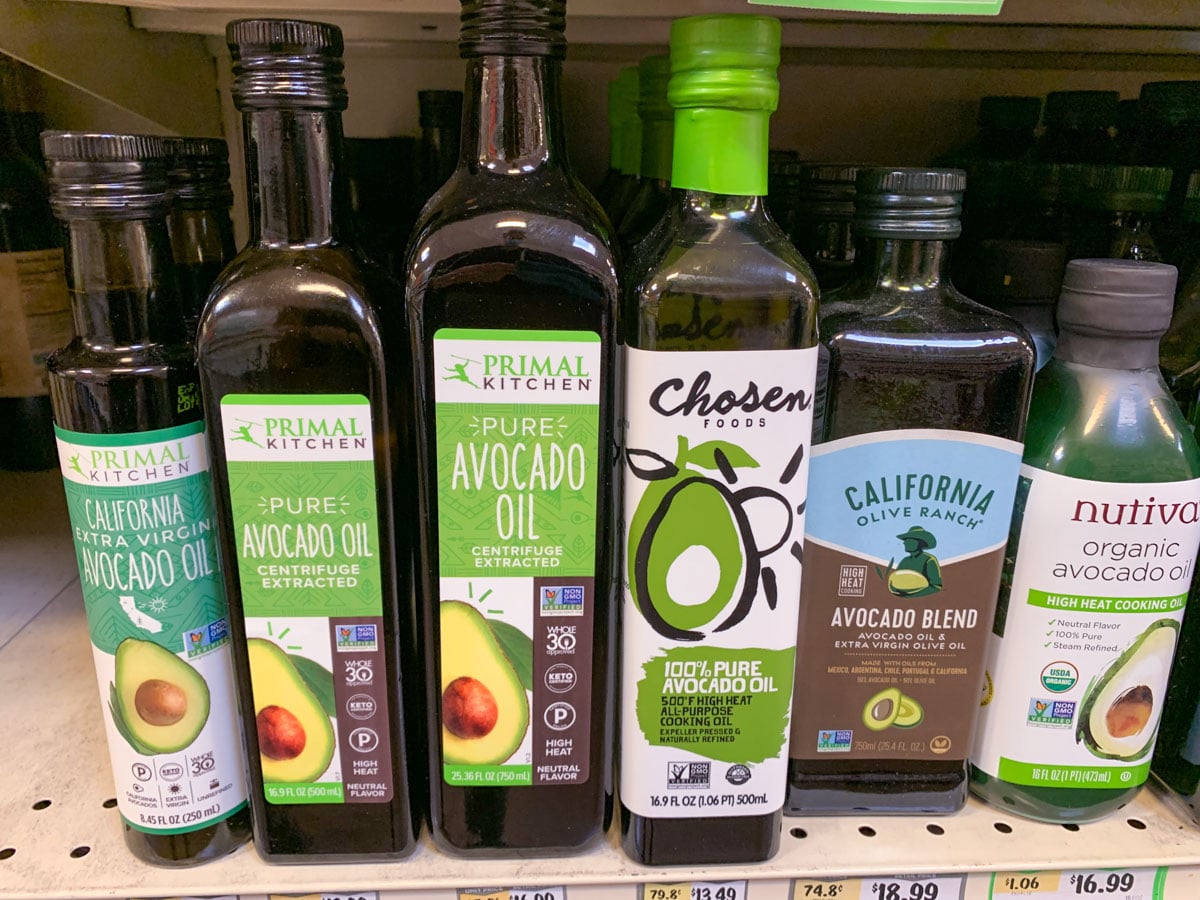
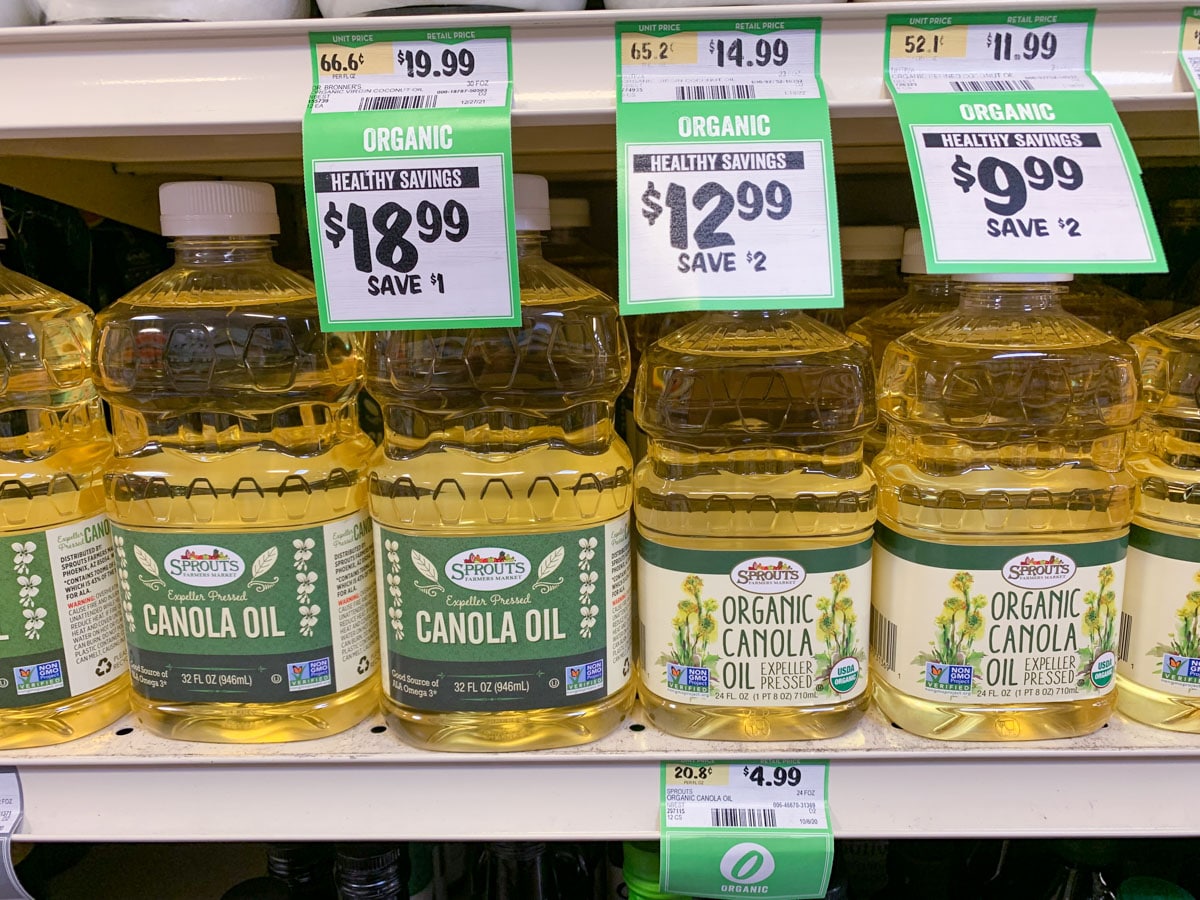
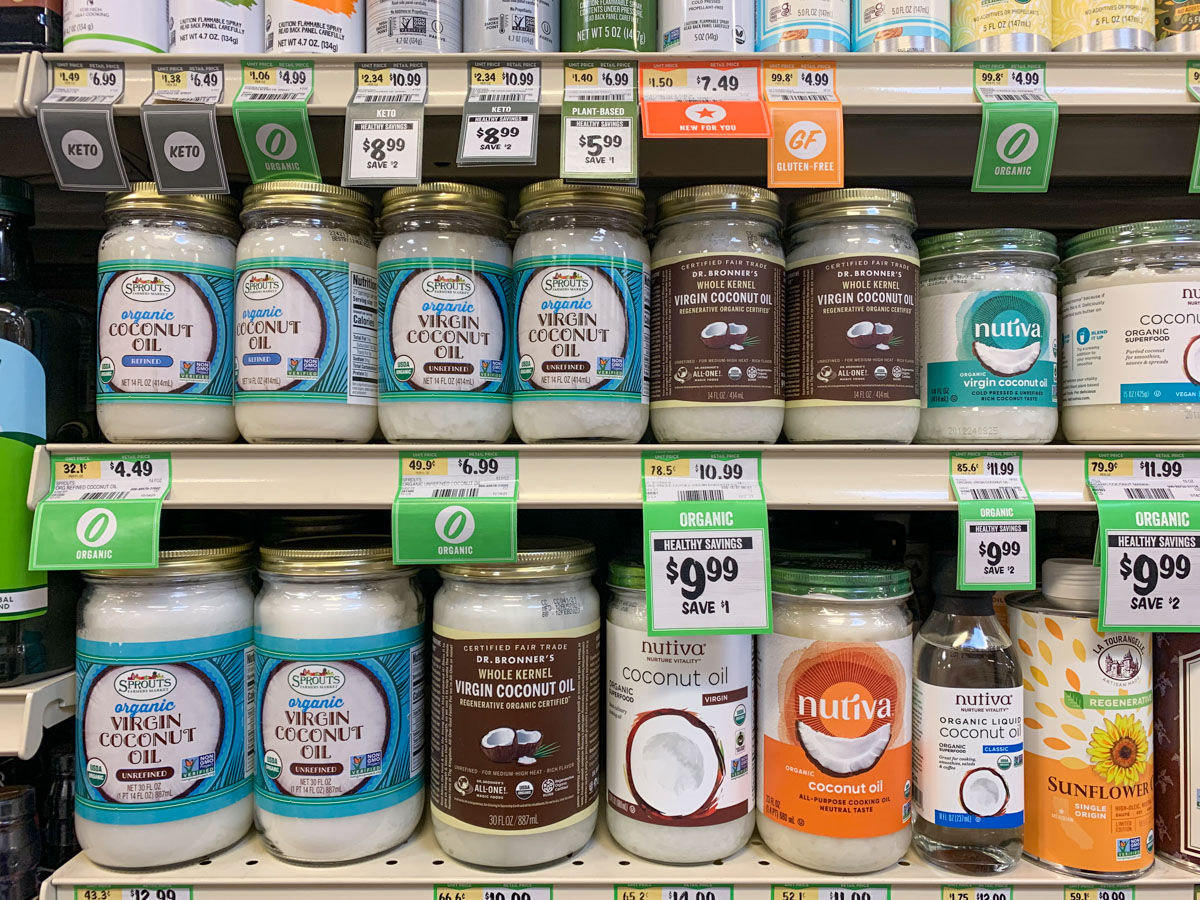


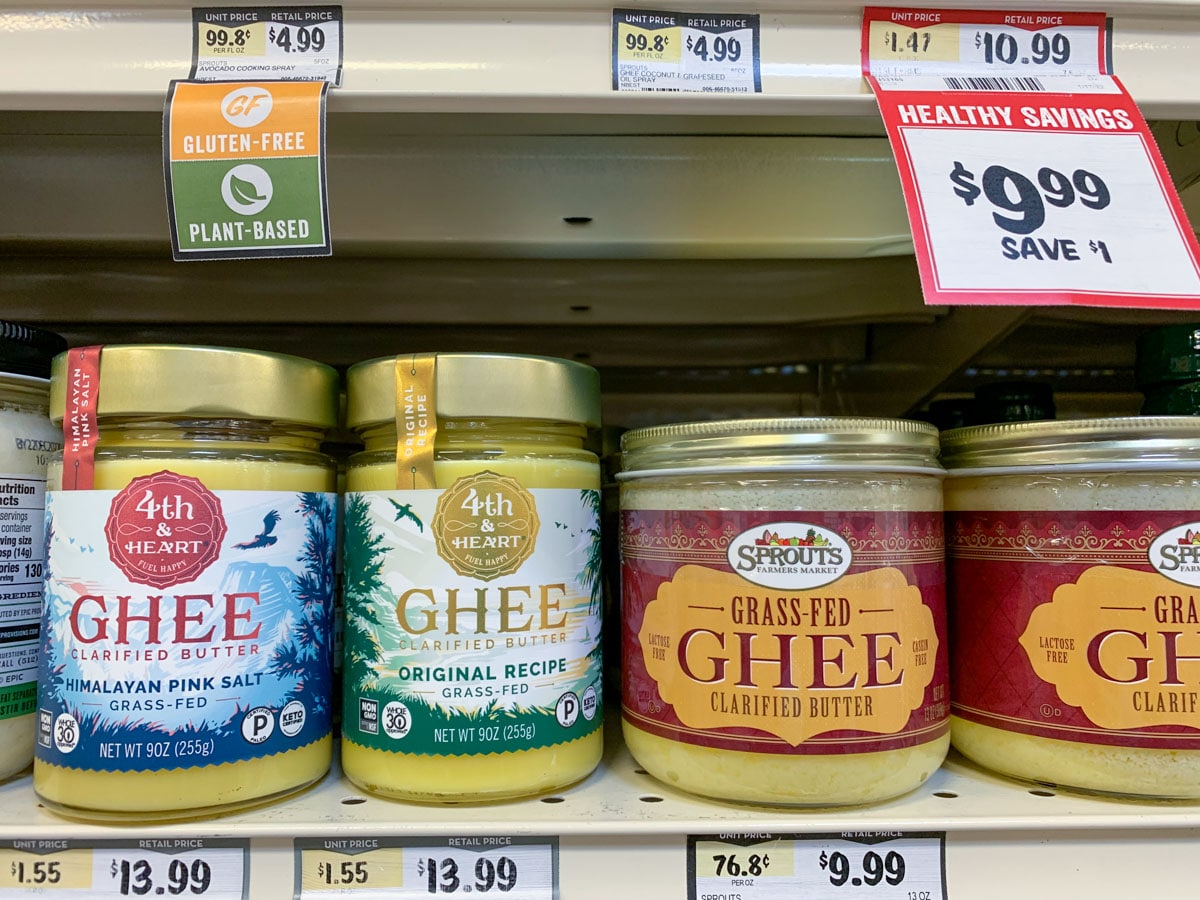

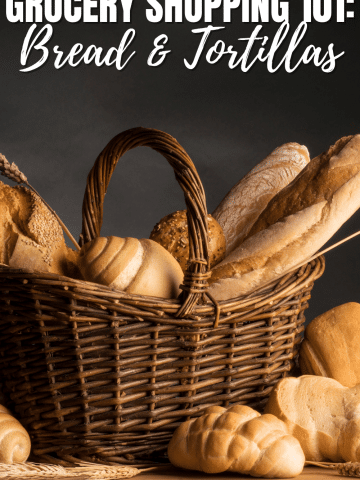

Leave a Reply